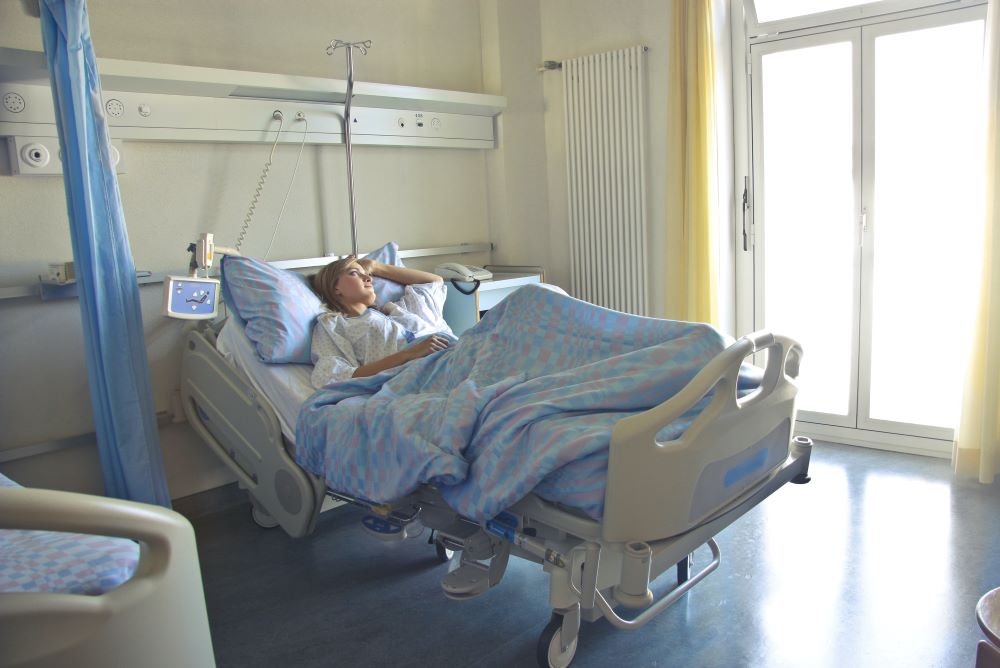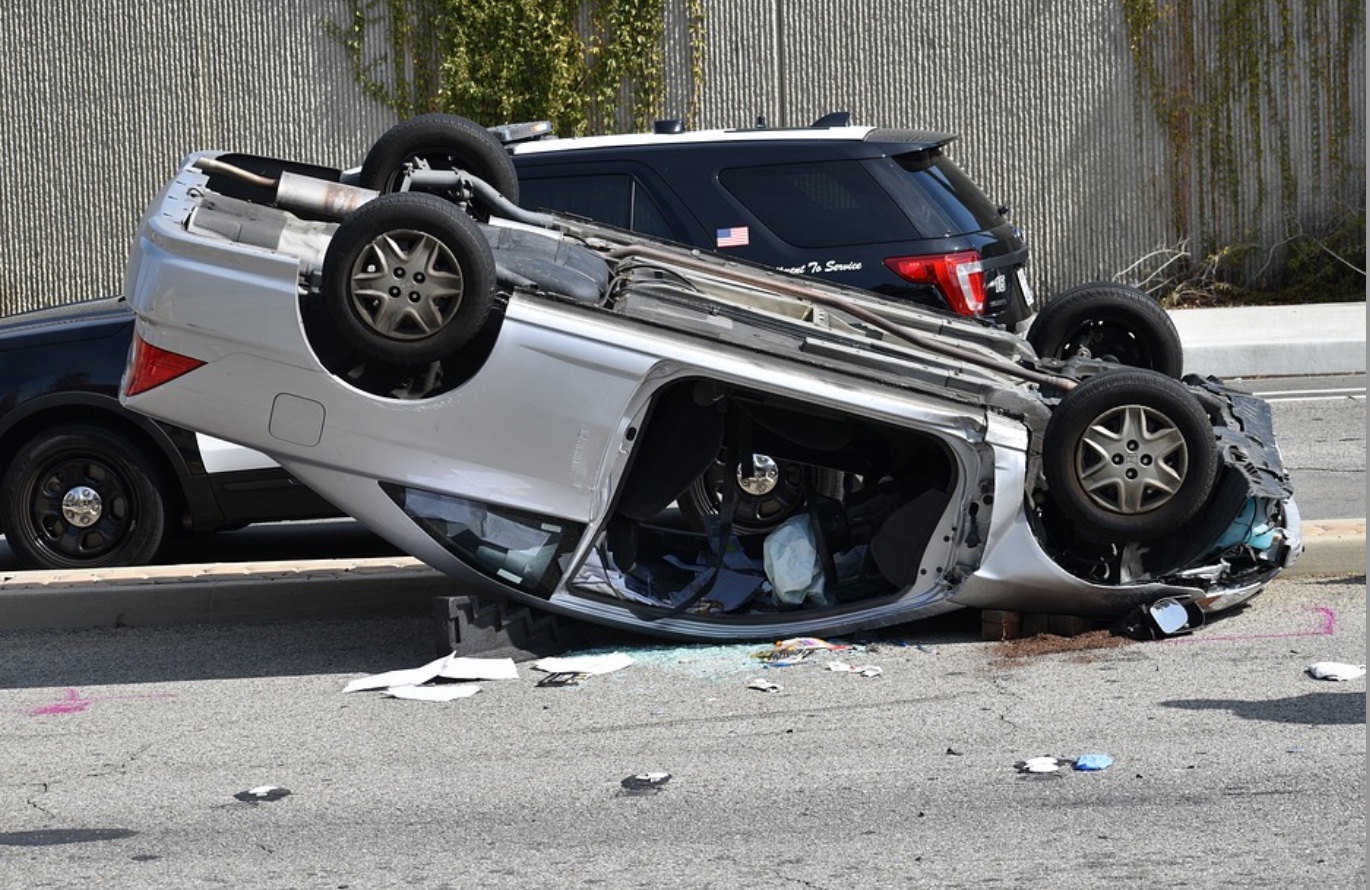The repercussions of a car accident extend beyond the immediate collision, encompassing medical, legal, insurance, and emotional spheres.
An unexpected and often traumatic car accident can leave individuals in a whirlwind of emotions, questions, and uncertainties. From immediate safety concerns to the intricacies of insurance claims and potential legal battles, knowing how to handle the aftermath can be immensely beneficial. This guide provides a structured approach to navigating the multifaceted challenges of car accidents.
1. Immediate Safety First
Post-accident scenes can be chaotic, with high emotions and potential dangers lurking. Your initial focus should undoubtedly be on ensuring the safety of all individuals involved. Before assessing damage or conversing with others, check for injuries and call for medical assistance if needed. If it’s safe to do so, vehicles should be moved away from active traffic lanes to minimize the risk of secondary collisions. During this process, it’s crucial to activate hazard lights and, if available, set up safety triangles or cones to alert oncoming traffic, ensuring vehicular and pedestrian safety.
2. Contacting Relevant Authorities
In most jurisdictions, reporting significant accidents, particularly those resulting in injuries or substantial property damage, is mandatory. Contacting the police fulfills this legal requirement and ensures an official record of the incident, which can be invaluable in any subsequent legal or insurance proceedings. When there are injuries, even minor, it’s crucial to call emergency medical services immediately. Some injuries cannot manifest symptoms immediately, but prompt medical attention can prevent complications. Apart from the legal and medical implications, a formal report also aids in objectively documenting events, providing clarity to all parties involved.
3. Collection of Critical Information
While the scene is still fresh, gathering essential information is imperative to ensure a comprehensive record of the event. This includes collecting all parties’ names, contact details, license plate numbers, and insurance information. Eyewitnesses can offer unbiased perspectives, so obtaining their accounts and contact details can be invaluable in potential disputes or legal proceedings. Use a camera or smartphone to document the scene meticulously. Photographs should capture vehicle positions, visible damages, road conditions, traffic signals, skid marks, and any other pertinent details that might provide context or support claims in the future.
4. Medical Attention: Immediate and Follow-up

Even if there are no visible injuries immediately after an accident, seeking medical attention is always advisable. Certain injuries, such as concussions, whiplash, or internal bleeding, might not manifest immediate symptoms but can have serious consequences if left untreated. Seeking a prompt medical evaluation ensures your health is prioritized and potential issues are addressed early. Additionally, obtaining a professional medical assessment provides documented evidence of any injuries sustained, which can be pivotal should you decide to pursue a compensation claim later. This documentation can strengthen your case and clarify the link between the accident and any subsequent health issues.
5. Navigating the Insurance Maze
After an accident, contact your insurance carrier immediately to start the claims procedure. Provide precise and honest incident facts while chatting with them. Be cautious while communicating. Insurance adjusters are friendly yet taught to reduce corporate compensation. Avoid speculation and provide important facts directly. Avoid admitting responsibility since fault assessment is complicated and relies on several criteria. Finally, study your insurance coverage. Ensure you know your coverage, deductibles, and perks to get all you’re entitled to.
6. Get Yourself an Attorney
Following a car accident, it’s paramount to consider legal representation, especially if injuries or significant damages are involved. Navigating the complexities of insurance claims and potential litigation can be daunting for the uninitiated. If you live in Houston, a Houston car accident lawyer, equipped with specialized knowledge and experience, can guide victims through this intricate process, ensuring their rights are protected and adequately compensated. While insurance companies might offer settlements quickly, having an attorney can ensure that offers are fair and reflect the actual damages and potential long-term implications. Securing legal counsel can be a pivotal step in achieving just and comprehensive outcomes after an accident.
Conclusion
The repercussions of a car accident extend beyond the immediate collision, encompassing medical, legal, insurance, and emotional spheres. This comprehensive guide emphasizes the importance of a structured, informed approach in the aftermath of an accident. From ensuring immediate safety and obtaining essential documentation to understanding insurance dynamics and prioritizing self-care, each step paves the way for a smoother physical and emotional recovery journey. Being prepared and informed empowers individuals to handle post-accident challenges with confidence and clarity.


Join the conversation!